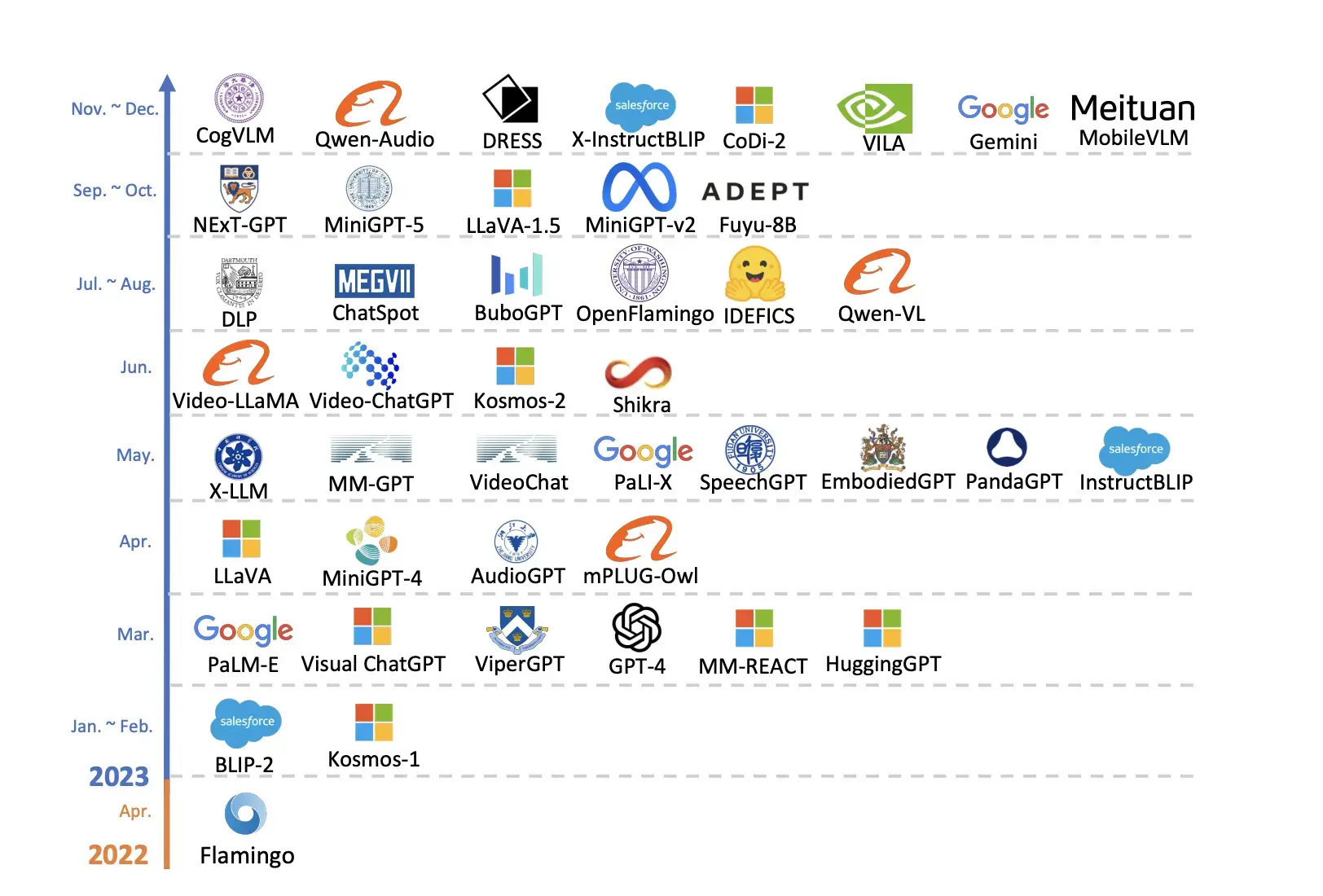What seems to be lost on most, is that money has been coming "out of thin air" for close to a century already. The problem is that every time less money gets destroyed than created, it dilutes the worth of the total... and people who still think in terms of gold nuggets, are completely unprepared to propose anything that would make sense.
Gen Beta might have more of a grasp on things.

As usual, the unresolved underlying issue is, how to get funding for FLOSS projects. Entitled cheapskates are nothing new; a generic solution to the issue, would be something new.